


Justice Hafisata Amaleboba, a nominee to the Supreme Court, says students who attend missionary schools and are compelled to practice religion other than their faiths does not amount to infringement of their religious rights.
The nominee said rights are not absolute and that if a student voluntarily chooses to attend a religious based school, he or she ought to comply with the school’s rules and regulations as prescribed by the Ghana Education Service (GES).
Justice Amaleboba made the remarks during her vetting by Parliament’s Appointments Committee on Wednesday in Accra.
Her position was in response to a question regarding situations where students in religion-based schools were compelled to attend mass or worship on Sundays.
Responding to delays in adjudicating cases in the Courts, Justice Amaleboba attributed the delays to lack of judges and insufficient manpower as well as court processes and procedures, especially on matters of filing pleadings.
Asked whether the number of judges on the Supreme Court (SC) bench should be capped, the nominee said she believed in capping the SC judges. However, that could be done when the issue of the backlog of cases and the Court’s jurisdictions are fully resolved.
On issue of some chiefs involving themselves in politics while the Constitution bars them from doing so, the nominee said, persons serving as judges and chiefs at the same time must be measured when commenting on issues, especially on political matters to protect their neutrality.
Asked whether the Chief Justice’s (CJ) knowledge of the judges prior to empaneling the bench on a particular case would influence the judges’ decision, the nominee said, judges were independent-minded individuals and their decisions on any case would not be influenced by the CJ’s knowledge of them.
Responding to her appointment by the President as a nominee to the SC bench whilst there are senior judges at the Appeals Court, the 52-year old judge said, the President had the prerogative to appoint qualified judges, noting that she had spent 11 years on the bench and 15 years as a private legal practitioner and was competent enough to discharge her duties well, upon approval.
While responding to sharing of property after dissolution of marriage, the nominee said, the Family Law principles applied equally to both males and females without discriminating against anyone based on one’s gender.
“I sat on a marriage dissolution case and the woman has properties and the man did not, but the man is entitled to the wife’s properties and so, I applied the law and gave some of the woman’s properties to the man,” Justice Amaleboba stated.
The nominee also shared her views on constitutional and other pressing national issues.
President John Mahama, earlier this year, nominated seven justices who are currently serving on the Court of Appeals bench to the Supreme Court.
The nominees are Justice Senyo Dzamefe, Justice Sir Dennis Dominic Adjei, Justice Gbiel Simon Suurbaareh, Justice Philip Bright Mensah, Justice Janapare Adzua Bartels-Kodwo, Justice Hafisata Amaleboba, and Justice Kweku Tawiah Ackaah-Boafo.
The President’s nomination is based on Article 144(2) of the 1992 Constitution, which requires the President to appoint Justices of the Supreme Court in consultation with the Council of State and with the approval of Parliament.
Source: GNA
The post Amaleboba justifies missionary schools compelling students to practice schools’ religion appeared first on Ghana Business News.
Read Full Story
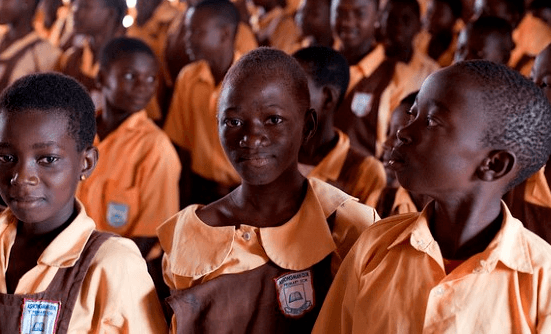



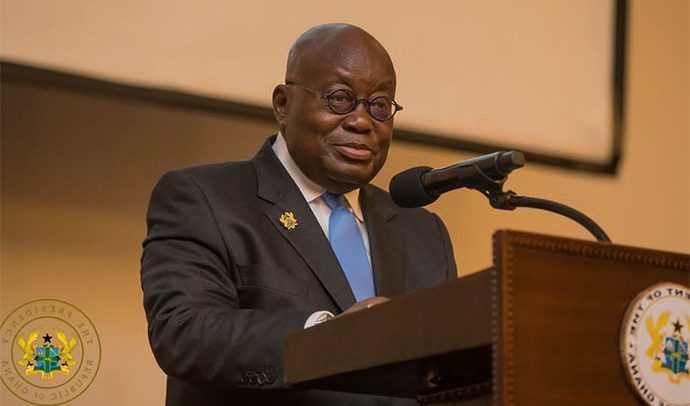


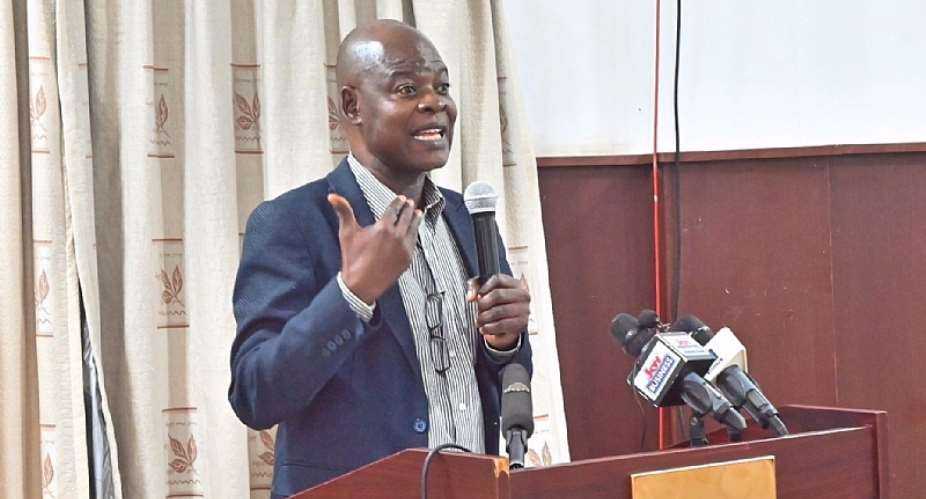



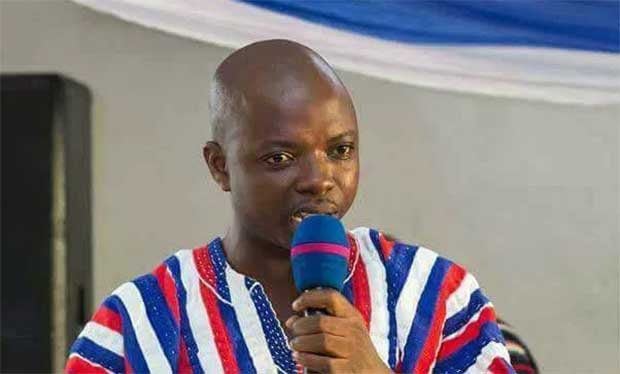





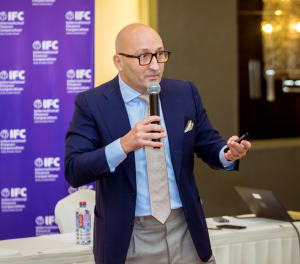
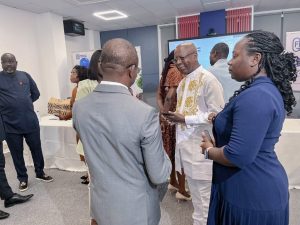

Facebook
Twitter
Pinterest
Instagram
Google+
YouTube
LinkedIn
RSS